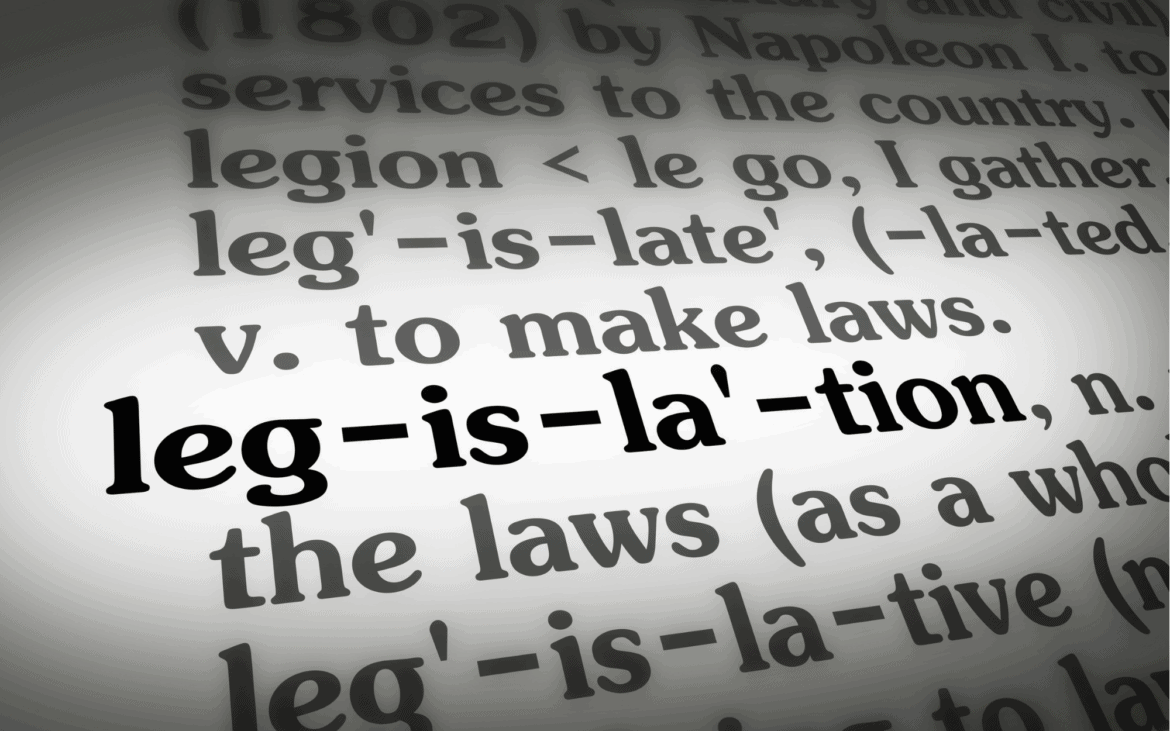As the new financial year approaches, it’s important to be aware of significant changes to the national minimum wage and superannuation guarantee that may impact your business.
- Minimum Wage Increase
Following the 2021 Annual Wage review, the Fair Work Commission announced an order to increase the national minimum wage by 2.5%, to $20.33 per hour. The new full-time minimum wage will amount to $772.60 per week, being a total increase of $18.80 to the weekly wage.
The award increase will take place in 3 stages to offer relief to industries adversely affected by the pandemic.
From July 1, 2021, most awards will increase from the first full pay period except those outlined below.
From September 1, 2021, the increase will apply for workers on the general retail industry award.
From November 1, 2021, the increase will apply for workers on the following awards:
- Pilots Award
- Cabin Crew Award
- Airline Ground Staff Award
- Airport Award
- Alpine Resorts Award
- Amusement Award
- Dry Cleaning and Laundry Award
- Fitness Award
- Hair and Beauty Award
- Hospitality Award
- Live Performance Award
- Models Award
- Marine Tourism and Charter Vessels Award
- Nursery Award
- Racing Clubs Events Award
- Racing Ground Maintenance Award
- Registered Clubs Award
- Restaurant Award
- Sporting Organisations Award
- Travelling Shows Award
- Wine Award
What does this mean for my business?
- For employees on the National Minimum Wage, you are required to increase their pay from the first pay period on or after the date the Award increases (i.e.: 1 July 2021, 1 September 2021 or 1 November 2021). This order does not necessarily apply if your employees are already paid more than the new minimum wage.
- Where employees covered by an Award are remunerated with an “all inclusive” salary or wage (encompassing penalty rates, overtime, leave loading etc), employers must ensure this total amount is still sufficient and covers the minimum wage requirements, in light of the mandatory wage increase.
- Salary audits are a good way to ensure that your employees’ pay rate and remuneration aligns with the new legislative requirements
- Update contracts as necessary
2. Changes to Superannuation – the lowdown
The Federal Government has confirmed changes to superannuation, effective 1 July 2021, to increase savings potential and reduce fees. Here are how these changes impact your business and your employees.
Increase to Super Guarantee contributions
Super Guarantee is the minimum percentage of earnings that employers are required to pay into employee super funds.
From 1 July 2021, the minimum super guarantee rate will increase from 9.5% to 10%. This rate is scheduled to rise by 0.5% per year thereafter until it reaches 12% by 2025.
Super funds will be “stapled” to individuals when they change jobs
Currently, if an individual changes jobs and does not nominate a super fund, the new employer pays super contributions to the organisation’s nominated default fund.
From 1 November 2021, if a super fund is not nominated, the new employer will be required to pay super contributions into the employee’s existing super account.
This change aims to ensure all superannuation savings are consolidated into one super fund, rather than individuals having multiple accounts. This will reduce the probability of paying unnecessary fees and multiple insurance premiums, leading to super balances diminishing over time.
Launch of YourSuper comparison tool
From 1 July 2021, an interactive YourSuper comparison tool will be available to the public. The comparison tool will:
- list super funds ranked by fees and investment returns
- name super funds that have been identified as underperforming
- show an individual their current super fund accounts and prompt them to consider consolidating if they hold more than one super account.
Underperforming super funds will be named and shamed
Super funds will also be subject to an annual performance test. Funds deemed to be underperforming will be required to inform their members, and the fund will also be highlighted as underperforming in the YourSuper comparison tool.
Super funds that fail two consecutive annual performance tests will be unable to accept new members until their performance improves.
What does this mean for my business?
Here is what you need to consider:
- Prepare your people communications relating to the scheduled SG increase;
- Update your payroll settings to reflect the 0.5% increase in the SG rate;
- Identify whether this change may trigger any contractual changes with your employees;
- Employers must find out from the Australian Taxation Office (ATO) if a new employee has an existing Super Fund in which to pay the superannuation contributions;
- Internal Processes – consider reviewing your onboarding forms and process to incorporate the new requirement to determine if the new employee has an existing Super Fund; and
- Determine how your default Super Fund performs under the new criteria set by the Federal Government. Offering an inadequate fund has the potential to negatively impact your employer brand.
Don’t forget how important communication is in managing change within a business. Be proactive and engage with your most important asset, your people.
Nick Hedges is the founder of Resolve HR, a Sydney-based HR consultancy specialising in providing workplace advice to managers and business owners. He recently published his first book, “Is Your Team Failing Or Kicking Goals – Take Control Of Your People And Their Performance”. It is a practical response to the most pressing HR challenges.
Disclaimer: The contents do not constitute legal advice, are not intended to be a substitute for legal advice and should not be relied upon as such.

